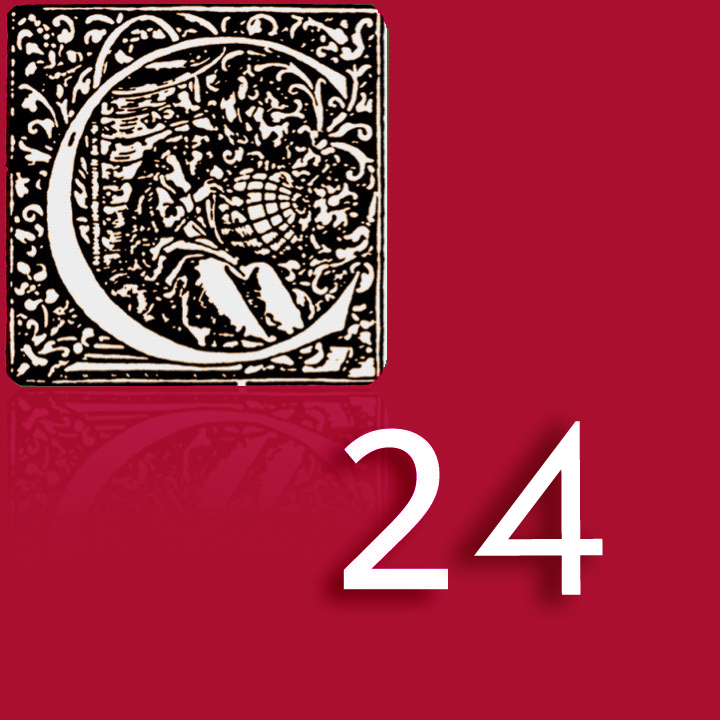Appraising waters — The assimilation of chemists into the trade of mineral waters in eighteenth-century France
DOI:
https://doi.org/10.23925/1980-7651.2019v24;p66-82Palavras-chave:
History of Science, History of Chemistry, 18th Century, Analysis, Mineral WatersResumo
Mineral waters were a delicate and unstable product whose value as a remedy increased in early modern France. If it was once the prised luxury of the nobility travelling to the spa, the eighteenth century slowly watched it turned into a commodity. The waters became widely available in bottles and were sold in bureaus of distribution. Despite the logistical challenges of selecting and carrying the waters to their new urban public, many different springs made their way into most of France’s cities. This took place under the watch and regulation of a uniquely dedicated institution, the Société de Médecine. This Société eventually settled its authority over the management of mineral waters, thanks to the backing of state power, the influence of the Academy and the newly recognized authority of chemists as analysts of waters. The purpose of this paper is to bring to light this overlooked institution and its essential role in the administration of mineral waters. Though it never eradicated fraud or succeeded in creating a full scientific and economic monopoly, it greatly broadened the budding trade of bottled water in France and gave a powerful incentive for chemists to better their mastering of the particularly challenging analysis of water.Downloads
Publicado
2019-10-30
Como Citar
Cornu-Atkins, A. (2019). Appraising waters — The assimilation of chemists into the trade of mineral waters in eighteenth-century France. Circumscribere International Journal for the History of Science, 24. https://doi.org/10.23925/1980-7651.2019v24;p66-82
Edição
Seção
Artigos Originais


.png)
